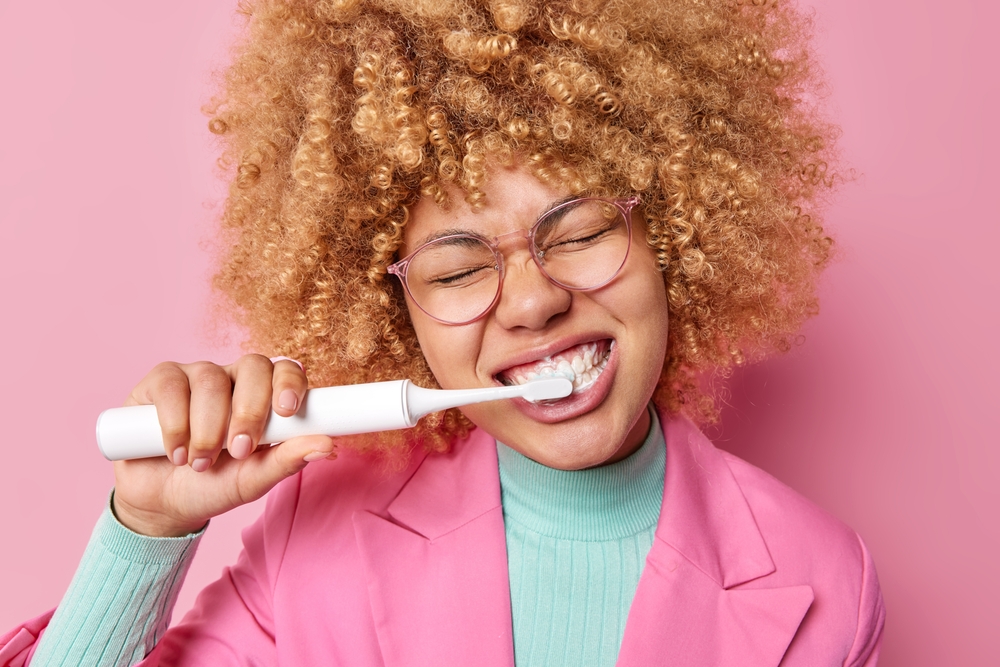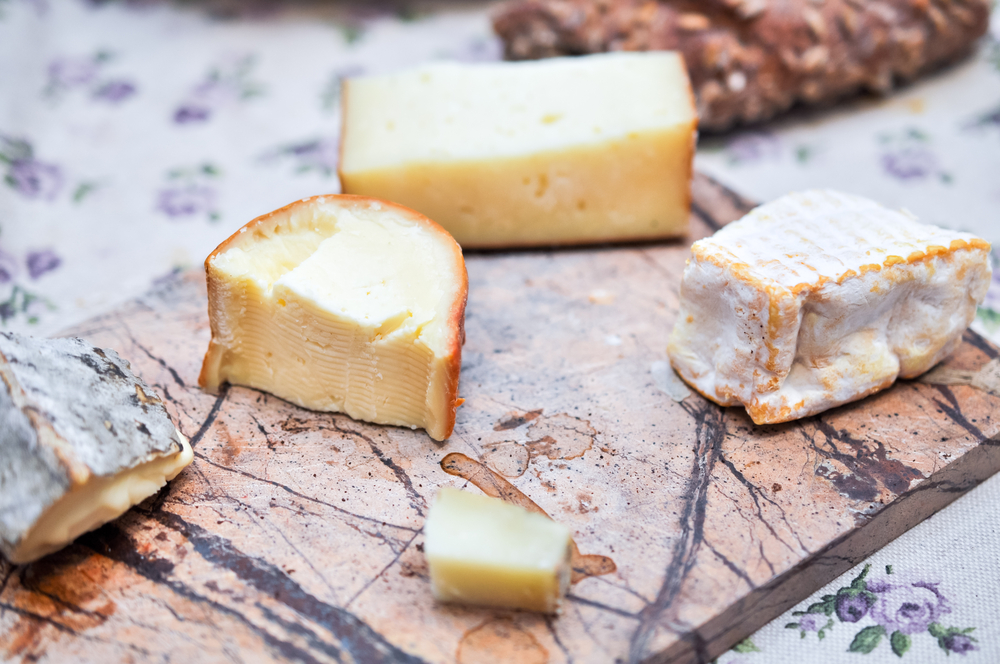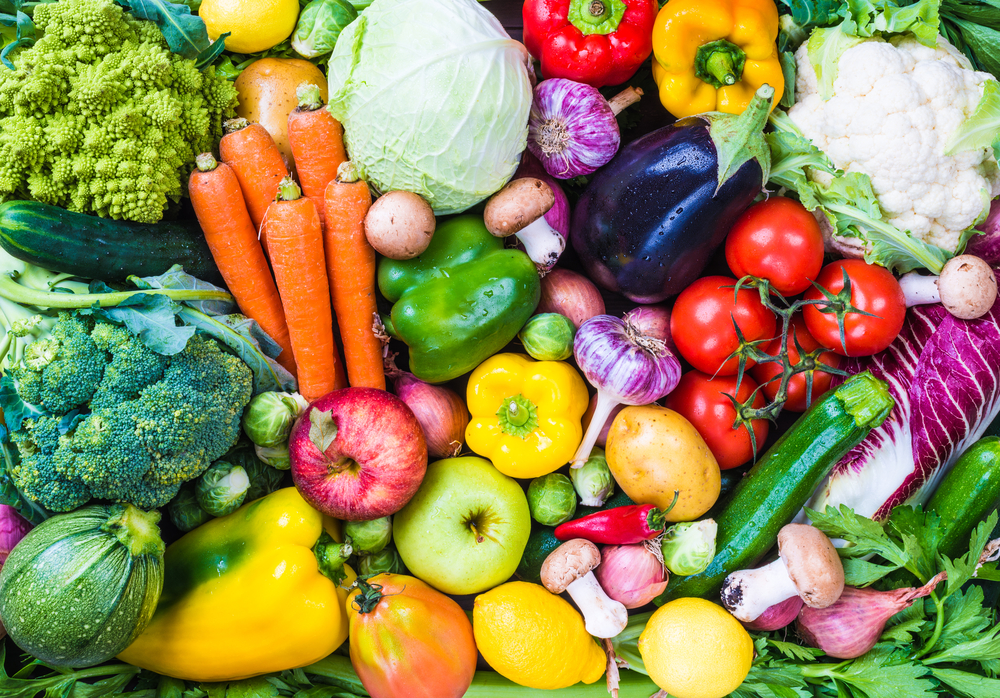Considering how essential teeth are to our everyday life, many of us are surprisingly dismissive of the importance of our gnashers! And it’s not just our teeth that need daily care, it’s our gums too. Indeed, it’s gum disease which can be more detrimental to overall health.
It’s National Toothache Day this month, highlighting the need to take great care of your oral health in order to avoid unpleasant pain from possible future decay.
Clinical Nutritionist Suzie Sawyer shares her insights into oral health.
When it comes to our teeth and gums there is much you can do to keep them healthy, from how you clean them to what you eat.
Get the basics right
It’s not just older people who need to floss daily, it’s essential for those in their 20’s or even earlier. Even when you think you mouth is clean, when you floss, it’s amazing how much debris you’ll still find. As we age, gaps between teeth widen, making it much easier for food to get trapped. In these cases, small brushes can be used to clean between the teeth, but daily flossing is great too.

Using an electric toothbrush is also recommended as it delivers a much deeper clean and also has a built-in timer, so you know you’ve done a proper job. It is also helpful for children to have a timer when brushing: teeth cleaning should be a 2 minute job in the morning and the evening.
It’s important too, to take regular visits to the dentist. This has become more difficult for many of us over recent years with less access to them, but keeping appointments with the hygienist can really help prevent future problems.
Watch your sugar intake
Sugar is certainly not tooth-friendly, so it makes sense to try and avoid it as much as possible. The biggest issue is ‘unopposed’ sugar, such as in sweets and candies as they often stick in the teeth, eventually causing tooth decay.

Whilst fruit is healthy, certain fruits that are high in acid such as lemons, limes, apples, grapes, blueberries, tomatoes, pineapples, and peaches, can be problematic for teeth. Care is also needed around dishes that contain vinegar such as sauerkraut. It’s not about avoiding these foods but do rinse your mouth with plain water after eating them to wash away the acid. The same applies to sugary foods. And because these foods attach to enamel, don’t brush your teeth for about 30 minutes afterwards.
Use CoQ10
CoQ10 is an amazing antioxidant that the body naturally produces to protect itself against nasty diseases, and it’s incredibly powerful. It can be found in foods such as eggs and liver but only in small amounts.

However, as we age, production naturally declines, hence one of the reasons why we are not as energetic as we get older. Interestingly, though, CoQ10 can both prevent gum disease and help stop its progression if it’s already occurred. The reason being is that CoQ10 works in the energy-producing part of our body cells, so it helps to regenerate us. The good news is that it has the same effect throughout the body, so it might slow down the signs of ageing. It’s easily taken in supplement form.
Eat cheese
Cheese helps raise pH levels in the mouth, essentially neutralising acidity. Therefore, eating cheese after you’ve eaten some fruit and veg can help mitigate any potential damage to teeth.

Cheese also contains high levels of the mineral calcium, which is essential for building and maintaining strong teeth, so it’s going to be helpful for many reasons. And eating some cheese as part of a well-balanced diet will build strong teeth (and bones) in children.
Eat a rainbow
As with the whole body, it’s not just one nutrient that teeth need. And nature has been very clever in providing a wide variety of colourful fruits and vegetables containing many essential nutrients.

Choosing foods doesn’t need to be too complicated: essentially, it’s about trying to achieve colour variety in meals, which in turn provides nutrients. It’s always good to remember that colour equals nutrients when it comes to food.
Feed your teeth and gums and they will hopefully serve you well for many years to come.



























Add comment